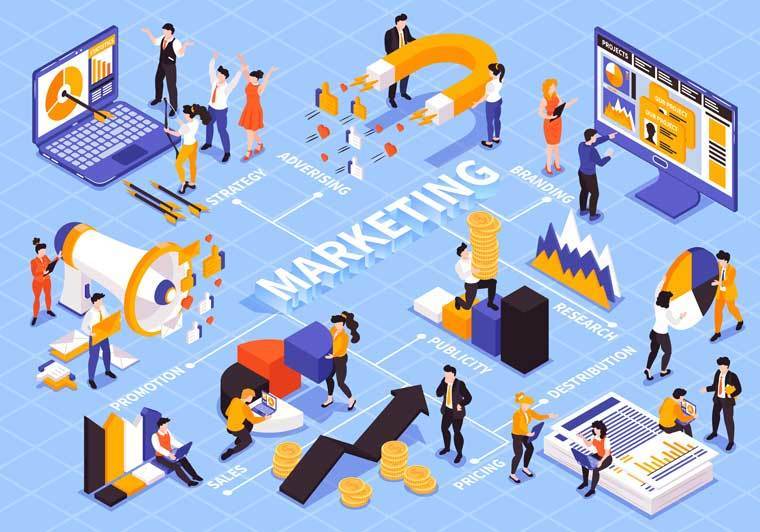What is PR and why is it important?
15 Sep 2020
PR, which stands for Public Relations, refers to the way businesses and organisations speak to their audiences. PR includes all types of communications, from social media to media relations. It is a key way for companies to shine a positive light on their business and build a reputable and respectable profile.
Along with advertising, PR is typically a central component of any marketing strategy. Unlike advertising, however, PR personnel work to gain publicity for a company through unpaid methods like newspaper articles or blog posts, whereas advertising depends solely on paid adverts. In a nutshell, advertising is paid publicity, whereas PR is earned publicity.
This article covers
Why PR is important
1. PR can help you improve and maintain your business’s visibility and reputation
Articles and reviews written by journalists tend to be more believable than paid adverts. By having an article, blog post or news story in a reputable publication (online or offline), your target audiences are more likely to not only recognise your brand and what it stands for, but they are also more likely to trust and believe in what you are selling.
2. It promotes the story and values that underpin your business or brand
Unlike a paid advert which generally conveys the need-to-know information about your brand, an article or story gives more opportunity to provide context. Giving your consumers more information about your company’s background, its mission and its values, means you start to build trust and confidence in your brand.
3. It helps build a community and audience for your business
PR provides a human voice for your brand or company. This builds visibility, trust and reputation, and can help you create a community of advocates amongst your consumers.
4. PR can be very cost effective
Unlike paid adverts, PR is generally free, making it a cost-effective way to raise the profile of your company. Although it can be time consuming, it is a great option for start-ups and businesses with a limited budget.
5. It can help you deflect attention and rebuild from negative publicity
If your brand or company has experienced negative attention, PR can help you rebuild your reputation by sharing a genuine and authentic response.
The different types of PR
Press or Digital Media
More traditional media, like print newspapers, and digital platforms, like blogs or vlogs, are great places to share a story with a much broader audience. Writing a press release can help you target publications that will reach your intended audiences.
Building relationships with key journalists is a vital part of PR. Leveraging and nurturing these relationships will lead to more success in having positive stories about your brand published in places where you are able to better reach your target audiences. It also means journalists might get in touch with your company directly if they are running a relevant story.
Social Media
Social Media includes platforms like Facebook, Instagram, Twitter and Snapchat. These platforms are a great form of free publicity and are useful for sharing stories about your company or business. You can create your own content on social media or reach out to other organisations and publications to share content on your behalf.
In person engagements
Word of mouth is one of the key ways you can build up your audience’s trust in your company. By having PR personnel or key ambassadors at sector events, you can target your audiences on a more personal level. Similarly, speaking or presenting at sector events is an effective way of building a respected profile for your company.
Reactive PR
PR personnel are also responsible for damage control. If a negative story about your company is leaked, it is their job to turn it around and recover the business’s reputation. This type of damage control can be done in a reactive or proactive way.
How PR can be beneficial for your business
PR is a cost-effective way to boost the profile and reputation of your brand. It is a great tool for start-ups and smaller companies but is also important for larger businesses looking to improve public perception of their brand. Cheaper than paid adverts, it conveys the authentic, human side of your business, building a solid brand that can lead to increased consumer trust and respect.


